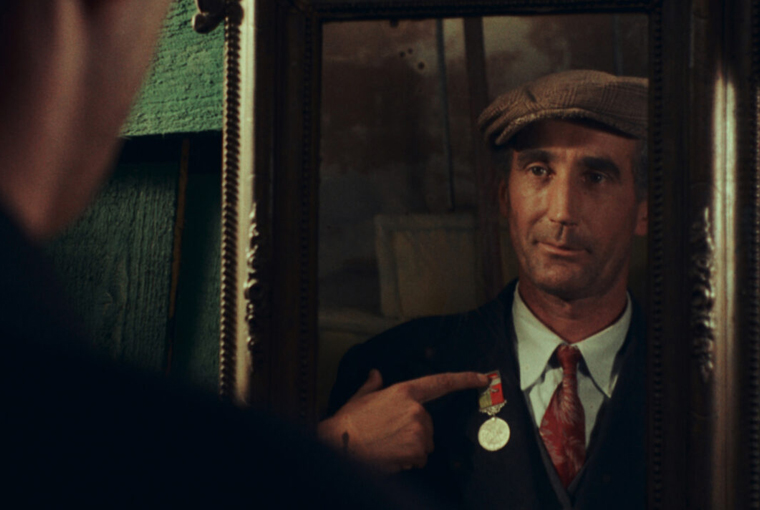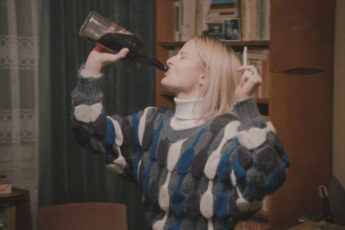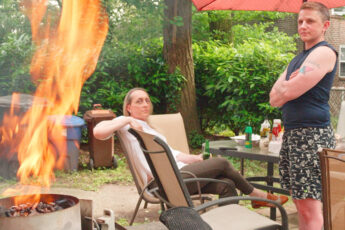
In his 2003 dissertation Regarding Film Festivals, Julian Stringer was one of the first to examine the “festival film” – a term used in press coverage at the time to refer to works tailored for festival selectors. In 2007, Marijke de Valck’s widely published Film Festivals: From European Geopolitics to Global Cinephilia, in which she showed how Cannes, Berlin, and Venice evolved into powerful tastemakers, rewarding art-house hallmarks – universal social themes and a certain formal flair – so that filmmakers learn to fit that mold if they want in. Today, “festival film” has become a pejorative term referring to movies that appear superficially similar, designed primarily for festival approval but unappealing beyond the circuit – a form of cinematic navel-gazing.
A frequent explanation for this uniform output points to the tendency of playing it safe with limited resources. When budgets tighten and market success remains unpredictable, funders and distributors back films with proven formulas rather than untested projects. In winner-take-all markets, a handful of blockbusters capture most of the revenue, pushing intermediaries to concentrate resources on likely hits. Festival selectors then choose films with established directors, familiar tropes, or star-driven casts over more experimental fare.
Other explanations focus on decision-making bodies as gatekeepers. In a recent study of hiring decisions, Moran Koren shows how introducing a gatekeeper – a person or mechanism that filters candidates before a costly final evaluation – can have unintended consequences. In Koren’s model, candidates weigh the cost of applying against their odds of being accepted. But once a gatekeeper is introduced, the pool of applicants changes because potential applicants start second-guessing the gatekeeper. Some, thinking they won’t pass the filter, won’t bother applying. Others, believing they now have a better shot because of the pre-screening process, may enter even if their underlying quality is low. The result is counterintuitive: the average quality of applicants can drop when gatekeeping is added, and the overall quality of selections may suffer. Koren calls this the “gatekeeper effect.”
This logic may carry over to film festivals. In the film industry, the impact of gatekeepers is aggravated by the fact that they are often on both sides of the application process: the people who decide about what films get to be made are the same people that decide about what films get to be seen. Filmmakers, like the job applicants in Koren’s model, have to decide whether a project is worth the cost, knowing that their chances depend on vague signals: which topics are trending, how last year’s jury voted, which names carry weight. This may encourage filmmakers to tailor projects towards perceived expectations, creating a submission pool shaped by attempts to reverse-engineer the gate.
In Kafka’s parable “Before the Law,” a man arrives at an open gate hoping to enter. The gatekeeper tells him he cannot go through right now – but neither does he close the gate, nor order the man to leave. So the man sits down before the gate and waits, year after year, until he dies without ever passing inside. Today’s filmmakers may linger in a similar posture, a double bind, in which the gate promises recognition, but stepping through may also mean vanishing from view. Perhaps the discontent that comes with the term “festival film,” then, resides in the language of the gate it seeks to pass.
***
In this month’s issue, Zoe Aiano discusses Liis Nimik’s Sundial, a playful exploration of life at the fringes of society and the borders it erects. On the occasion of its screening at the 2025 Rotterdam IFF, Anna Doyle revisited Vatroslav Mimica’s Kaja, I’ll Kill, in which fascism creeps into the seeming idyll of a small, Croatian town. In our Perspectives section, you will find reviews of two mainstream films that try and bring Eastern Europe’s Communist past to audiences beyond the festival landscape: Tanya Silverman wrote about Jiří Mádl’s Prague Spring-themed Waves, while Jack Page saw Bogdan Mureșanu’s The New Year that Never Came at Crossing Europe, a film that turns the brutal eve of the Romanian Revolution into a light-hearted comedy. Finally, from the Thessaloniki Documentary Film Festival, we bring you an article on Matylda Kawka’s My Sunnyside, which tells a love story that is both trite yet not-so-trivial.
We hope you enjoy our reads.
Konstanty Kuzma & Moritz Pfeifer
Editors




Leave a Comment